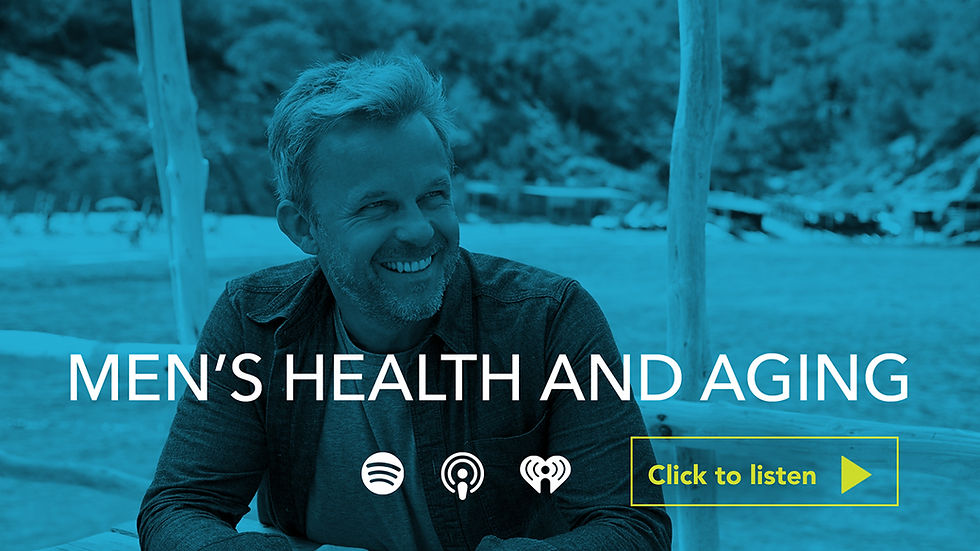Male Menopause – Fact or Fiction?
- LiveWell Placements
- Jul 22, 2020
- 2 min read

It wasn’t that long ago that many women found the subject of menopause to be taboo. It was bad enough to deal with the side effects but the stigma of it was almost as difficult to acknowledge. Luckily, society is more open about the topic now which has been a relief for many women who suffered in silence. But, what about “man”opause or andropause which describes age-related changes in male hormone levels? Well, it turns out that although there are significant differences in the way men and women experience the aging process, there are some similarities such as reduced energy, mood swings, lack of sexual drive, insomnia and irritability. However, because these changes happen more gradually for men, they often can be overlooked or ignored completely. LiveWell Placements explores some of the potential causes and ways to diagnose the exact nature of the problem.
Causes of Andropause:
A man's testosterone levels decline on average about 1% a year after age 40. However, while testosterone levels lower naturally with age, a more drastic reduction can be caused from diabetes, high blood pressure, lack of exercise or alcohol consumption. The reality is that all men will experience lowering levels of testosterone with age, but it can be more pronounced for some men and lead to some of the side effects that we mentioned earlier.
There is also the psychological impact of growing older. Men may start to feel less virile or attractive or they may be concerned about professional milestones that were missed which can lead to depression and in turn can trigger andropause. Many men also have a hard time asking for help as they age because it makes them feel less in control. These feeling are not unusual but for some people it becomes almost paralyzing.
Diagnosis and Treatment:
If you or someone you know is experiencing any of these symptoms, there are several things to try:
Lifestyle changes: exercise more, eat healthier and consume less alcohol.
Reduce stress: try meditation or yoga
Talk it out: discuss your feelings with friends or loved ones or seek a professional therapist.
Get a physical: ask your doctor for a complete physical including a blood test to determine if they are other underlying health issues and then talk about a treatment plan such as testosterone therapy.
The reality is that getting older isn’t easy for anyone, but men don’t need to be stoic and deal with it alone. There are plenty of resources available to get more information including the following podcast with Dr. Craig Beach, a renowned specialist in forensic psychiatry, who explores the topic openly and honestly.
To read more LiveWell Placements blogs





Comentários